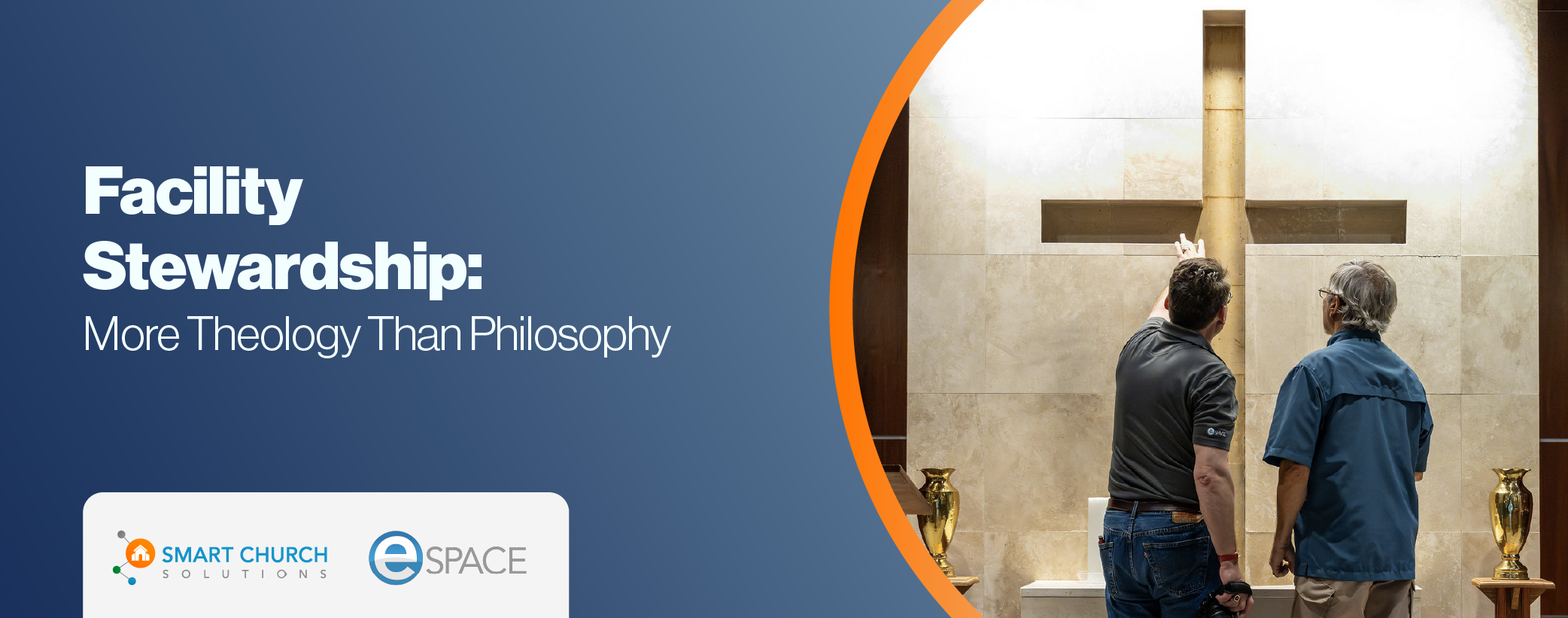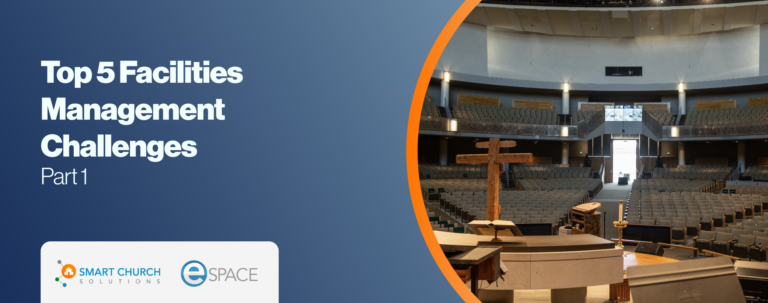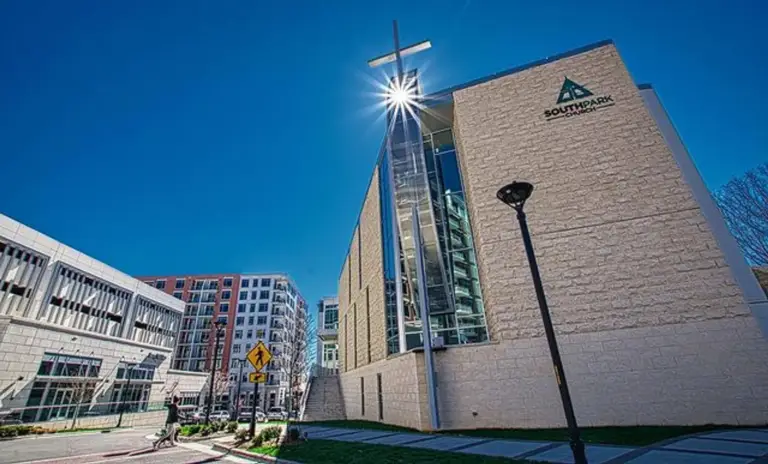When we talk about Facility Stewardship, too many people default to viewing it through a philosophical or operational lens—something that’s “good to do,” or “makes sense,” or is “the responsible thing.” And while those statements are true, they fall short. At its core, Facility Stewardship is not just a philosophy. It’s a theology.
Yes, you read that right.
Facility Stewardship is more about our theology—what we believe about God and how we respond to Him—than it is about systems, processes, or maintenance strategies. It’s not merely a set of best practices; it’s a reflection of our beliefs about the Creator, His Church, and our role as caretakers…or should we say, stewards.
A Theology of Stewardship
Let’s go back to Genesis. In the very beginning, God gave Adam a clear mandate: tend the garden. Work it. Guard it. Care for what He had created and entrusted to man. That’s stewardship. God didn’t need Adam’s help to keep Eden beautiful, but He chose to include him in the work. And from that moment, stewardship became part of humanity’s divine calling.
This same mandate applies to our churches and facilities today. The buildings we worship in, disciple others in, and serve our communities from—they’re not ours. They’re His. And He has entrusted them to us.
Theology First, Strategy Second
When we approach our facilities with only a philosophical framework, we might prioritize comfort, efficiency, or aesthetics. But when we see our facilities through a theological lens, we realize these buildings are tools for ministry—sacred spaces that must be stewarded for God’s glory.
It changes the conversation from, “What’s the cheapest way to fix this HVAC unit?” to “What decision most honors God and supports the mission of the Church?” It prompts us to ask not just how to maintain our buildings, but why. The “why” is worship.
Deferred Maintenance is a Theological Problem
Let’s be honest: deferred maintenance isn’t just a budget issue. It’s a heart issue. When we continually put off the care of our facilities—knowingly letting them deteriorate—we’re telling a story about what we value. We’re signaling that we’re okay using God’s house without honoring it. Would we treat our homes this way? Would we invite guests into spaces with broken lights, stained carpet, or unsafe stairwells?
When we neglect the facilities that God has entrusted to us, we are not stewarding; we are squandering. That’s not philosophical irresponsibility. That’s theological disobedience.
Stewardship Reflects the Gospel
When we care for our buildings with diligence and intention, we’re reflecting something deeper: the Gospel. The God who redeems broken things also calls us to be agents of renewal. Every time we restore, repair, and maintain, we’re participating in His redemptive work.
That’s not just HVAC maintenance—it’s holy work.
Let’s Shift the Paradigm
Facility Stewardship must move from a facilities department concern to a pastoral and theological priority. Pastors, elders, deacons—this is your responsibility too. You don’t have to fix a boiler, but you do have to care that it’s fixed. Because it’s not just about comfort—it’s about calling.
Facility Stewardship is not just about being wise with resources—it’s about being obedient with what’s been entrusted to us. It’s not a sidebar issue—it’s a Gospel issue. And until we see it as theology first, we’ll always be reacting rather than faithfully stewarding.
So, the next time you walk through your facility, don’t just ask, “Is everything working?” Ask, “Are we honoring God with how we care for this space?” Because Facility Stewardship is more than philosophy. It’s theology in action.
If you’re ready to take the next step in stewarding your church’s facilities well, explore our free Entrusted Study Guide—practical tools designed to help you align theology with everyday facility care.








